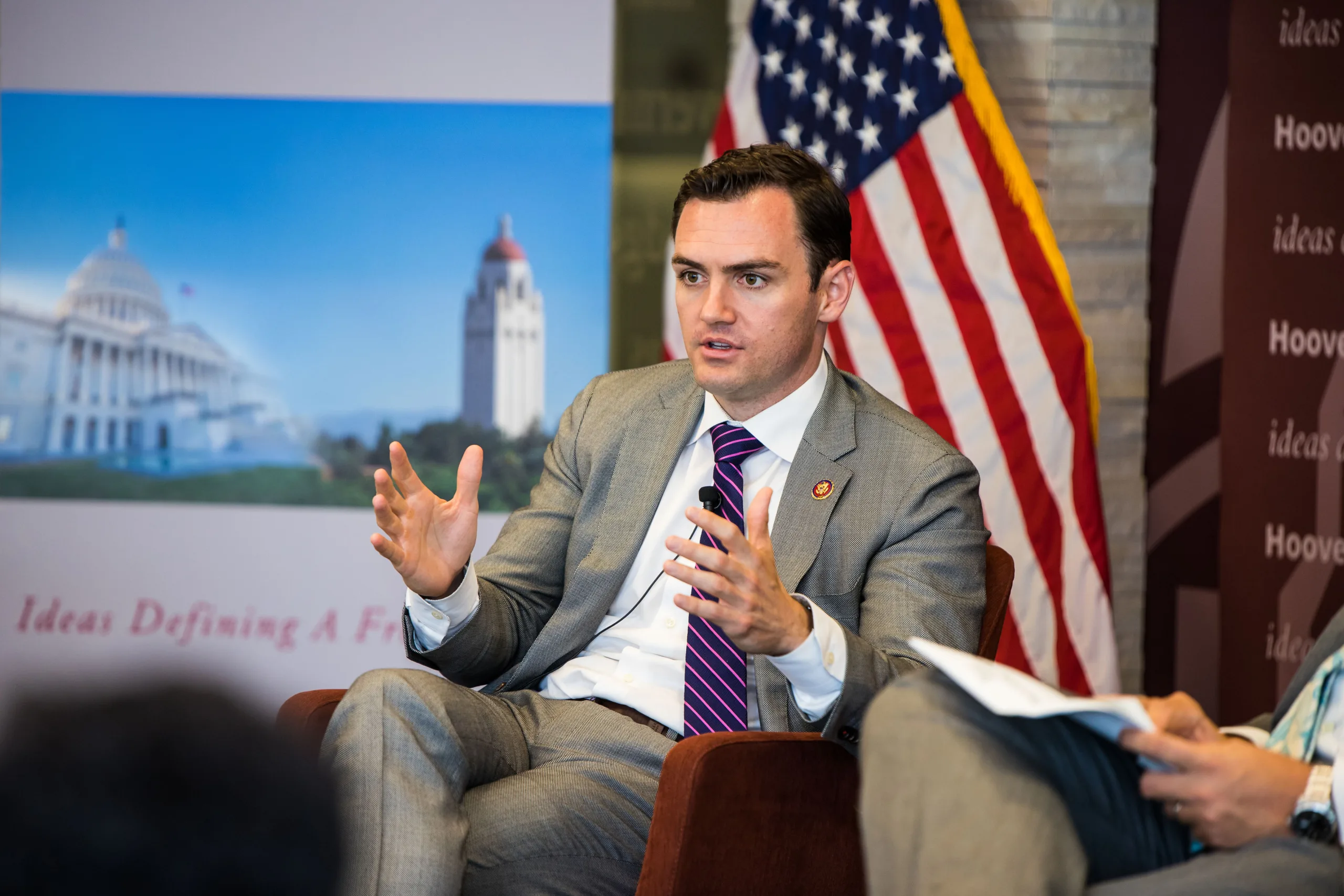Examining the Factors Behind Gallagher’s Retirement and its Impact on Politics

In recent news, the decision by U.S. Representative Mike Gallagher not to seek reelection has sparked discussions across political circles. Gallagher, a prominent Republican congressman from Wisconsin, made headlines with his stance against impeaching Homeland Security Secretary Alejandro Mayorkas, ultimately culminating in his announcement not to pursue a fifth term in Congress. Let’s delve into the intricacies of this development and its broader implications.
Understanding Gallagher’s Decision:
Mike’s choice not to seek reelection after four terms in Congress reflects a mix of personal considerations and political dynamics. In his statement, Mike emphasized the Founding Fathers’ intention for citizen legislators, suggesting that serving in Congress was meant to be a temporary commitment rather than a lifelong career.
His decision underscores a broader sentiment among some politicians who advocate for term limits and view elected office as a temporary service to the nation.
The Role of Partisanship and Policy:
Gallagher’s departure also sheds light on the tensions within the Republican Party, particularly regarding issues such as immigration and China policy. His refusal to support the impeachment of Mayorkas, a move that garnered backlash from fellow Republicans, highlights divisions within the GOP regarding strategy and messaging.
While some saw Gallagher’s stance as principled, others criticized it as detrimental to party unity and objectives.
Navigating Partisan Divides and Policy Debates:
Mike’s retirement also underscores the deepening divisions within the Republican Party, particularly concerning immigration policy and China’s role in global affairs.
His decision not to support Mayorkas’ impeachment placed him at odds with some fellow Republicans, revealing divergent views on strategy and messaging within the GOP. While Gallagher’s stance was perceived by some as principled, others criticized it as undermining party unity and objectives.
Implications for the GOP and Beyond:
Gallagher’s retirement adds to a growing list of House Republicans opting not to seek re-election, raising questions about the party’s future direction and electoral prospects.
As the GOP navigates internal rifts and seeks to regain majority control in Congress, the departure of seasoned lawmakers like Mike could impact the party’s cohesion and policy agenda. Moreover, it underscores broader challenges facing incumbents across the political spectrum, including concerns about polarization and legislative gridlock.
FAQ?
Q1. Why did Mike Gallagher decide not to run for re-election?
Mike Gallagher cited personal reasons and a belief in the temporary nature of congressional service as motivations for his decision. He emphasized the Founding Fathers’ intent for citizen legislators and expressed a desire to focus on other endeavors outside of elected office.
Q2. What was the significance of Gallagher’s stance on Alejandro Mayorkas’ impeachment?
Mike’s refusal to support Mayorkas’ impeachment highlighted divisions within the Republican Party regarding immigration policy and partisan tactics. While some praised his principled stance, others viewed it as a challenge to party unity and objectives, reflecting broader debates within the GOP.
Q3. How might Gallagher’s departure impact the Republican Party?
Mike’s retirement adds to a growing list of House Republicans opting not to seek re-election, raising questions about the party’s future direction and electoral prospects. His absence could affect the GOP’s cohesion and policy agenda, particularly in areas such as national security and immigration.
Q4. What broader implications does Gallagher’s retirement have for Congress?
Mike’s departure underscores broader challenges facing incumbents and reflects concerns about polarization and legislative gridlock in Congress. It also highlights debates over term limits and the role of elected officials in shaping national policy.
In conclusion, Mike Gallagher’s decision not to seek re-election carries significance beyond individual politics, serving as a reflection of broader dynamics within the Republican Party and Congress as a whole. As politicians and pundits analyze the implications of his departure, the legacy of Gallagher’s congressional service and its impact on future political discourse will continue to resonate.
Recommended Readings:-https://citytimesnow.com/rules-that-trump-is-ineligible-to-run-in-2024/


